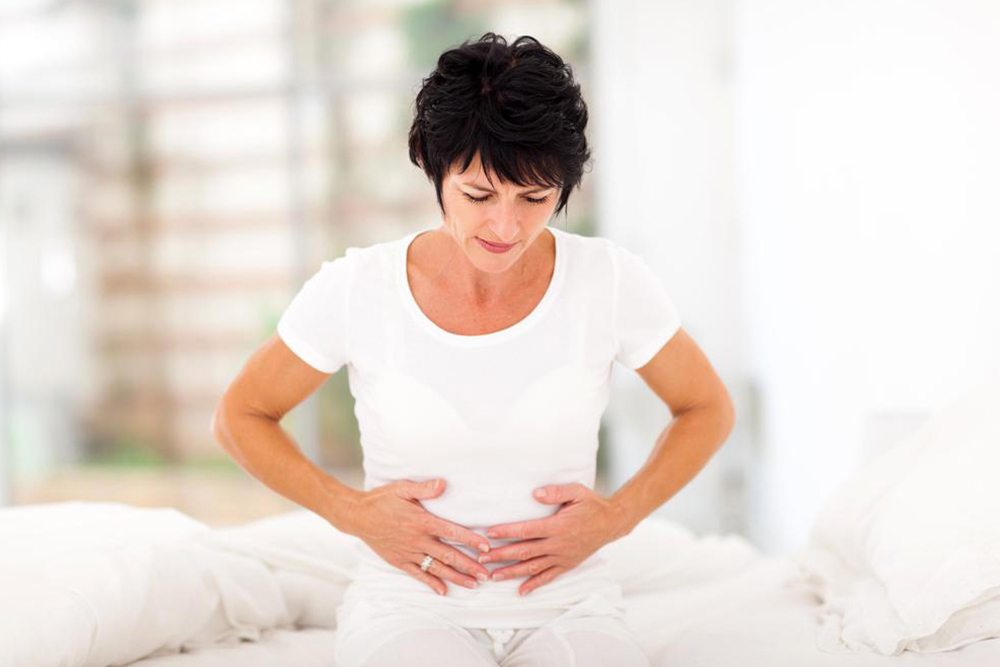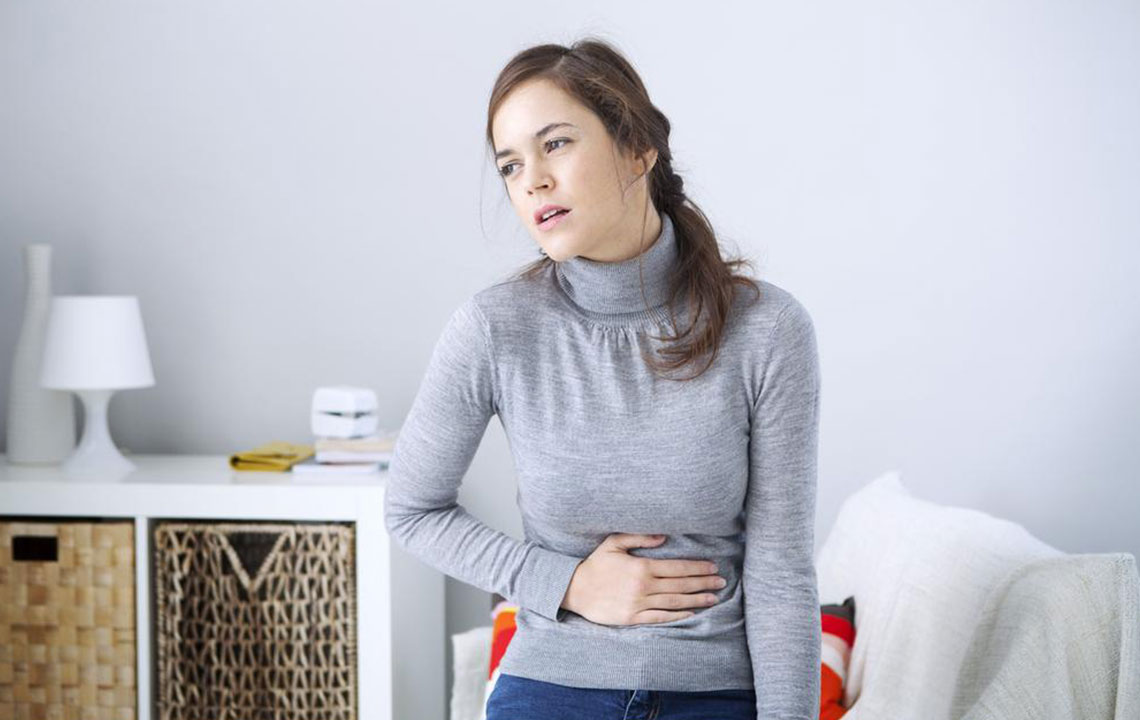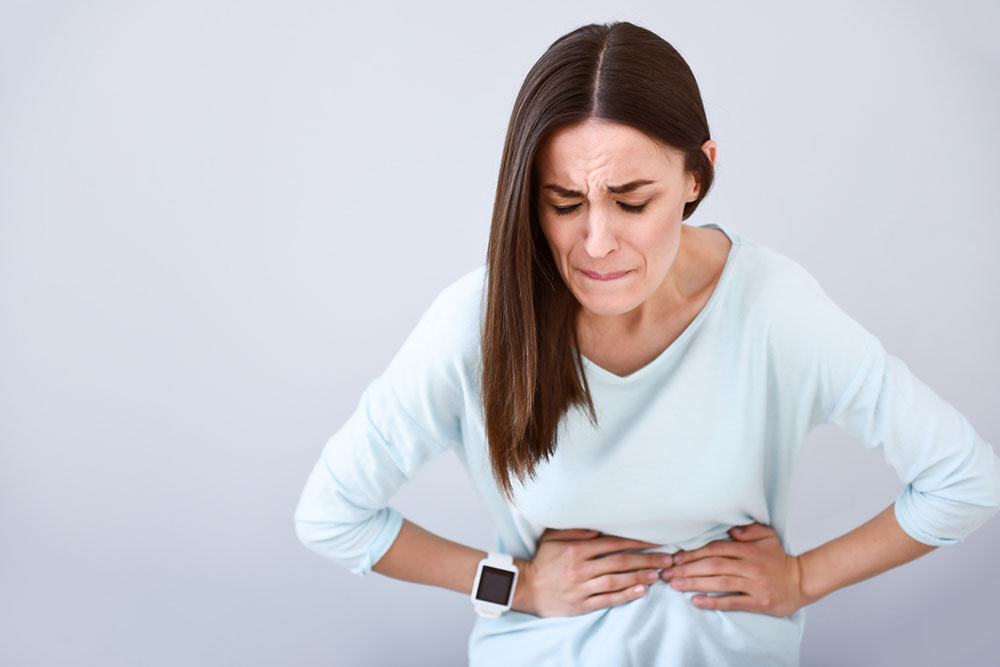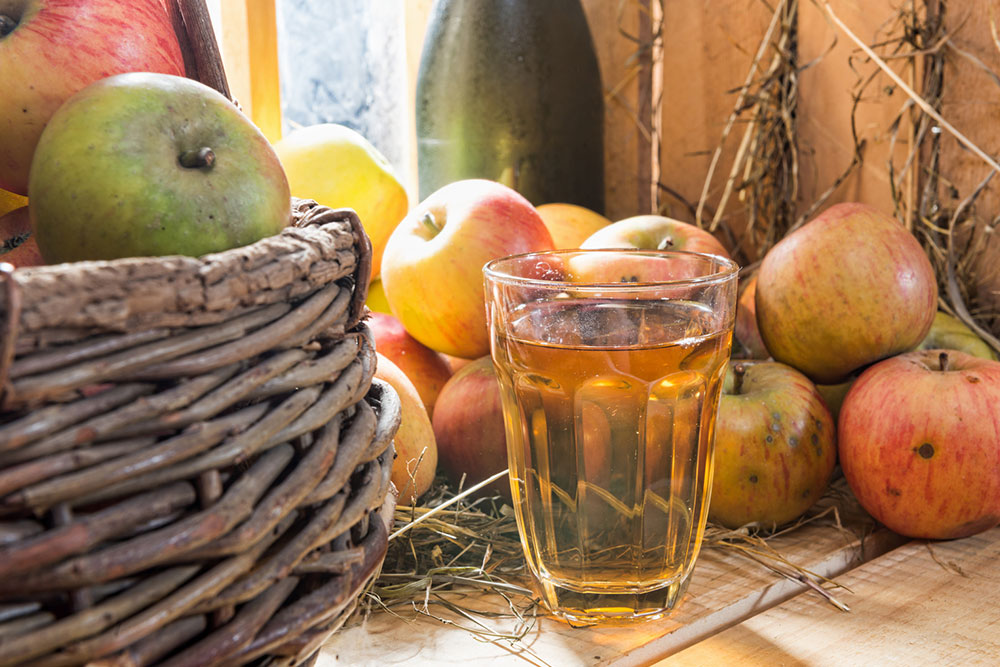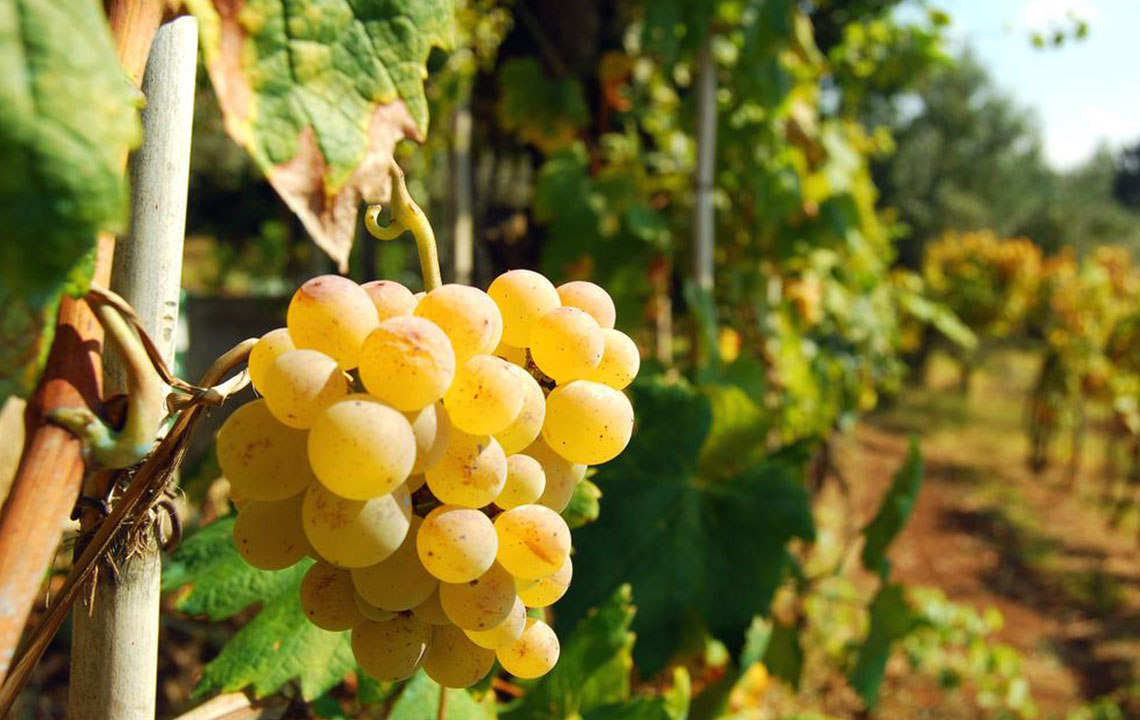Holistic Approaches to Managing Overactive Bladder Naturally
Discover effective natural methods to manage overactive bladder, including dietary adjustments, exercises, and lifestyle changes. These holistic strategies can help reduce symptoms, improve bladder control, and enhance quality of life without medication. Early diagnosis and consistent practices are key to successful management, allowing individuals to regain comfort and confidence naturally.
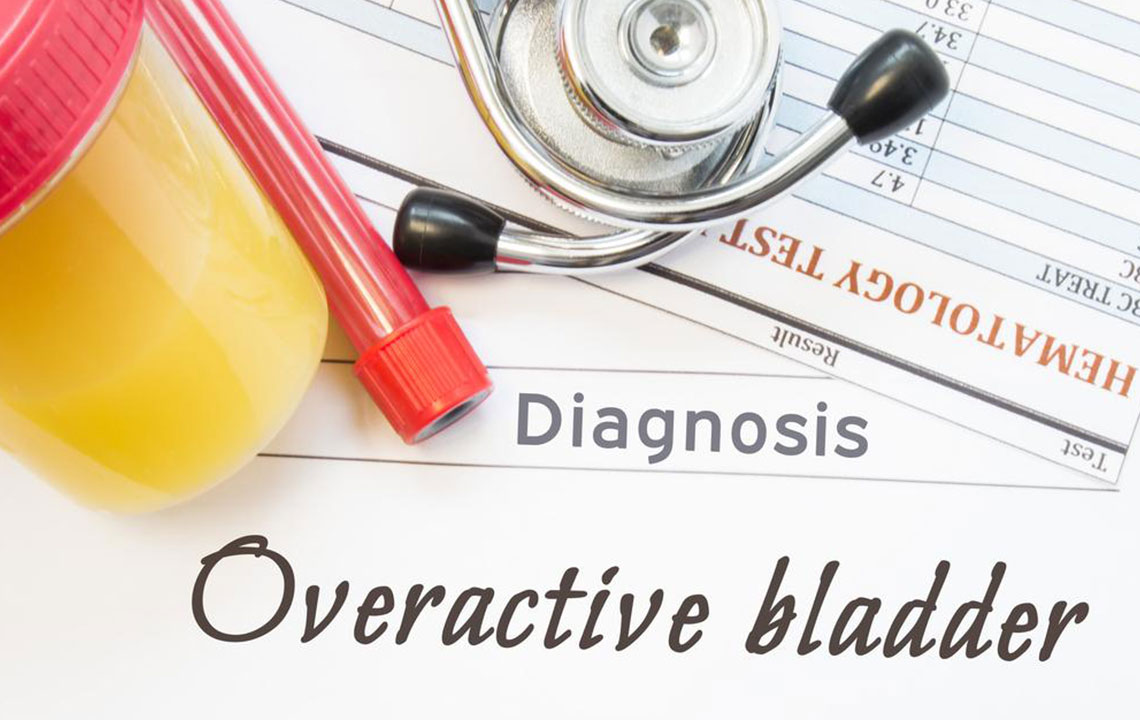
Effective Natural Strategies to Alleviate Overactive Bladder
Overactive bladder (OAB) is a condition characterized by an inability to control or delay the urge to urinate, leading to frequent and urgent trips to the bathroom. According to The Urology Care Foundation, approximately 33 million individuals in the country are affected. Fortunately, lifestyle modifications and natural remedies can help manage symptoms effectively.
Causes and indicators of OAB
Causes include underlying disorders like diabetes, neurological conditions such as Parkinson's disease or multiple sclerosis, as well as childbirth, surgeries, and certain medications. Some cases, however, may lack an identifiable cause.
Common signs of OAB include increased frequency — urinating more than eight times daily and multiple times at night — sudden feelings of urgency, and involuntary leakage or incontinence. Recognizing these symptoms early aids in timely intervention and natural symptom relief.
While OAB doesn’t shorten life expectancy, it can impact daily activities, sleep, and emotional well-being. Making timely lifestyle changes can improve quality of life. The first step is adopting behavioral adjustments, with natural remedies playing a significant role.
Natural Strategies to Relieve Overactive Bladder
Certain foods and beverages can worsen symptoms, such as chocolates, red wine, citrus fruits, spicy dishes, caffeine, and carbonated drinks. Avoiding these can reduce bladder irritation. Incorporating a balanced diet that limits irritants and controlling fluid intake are foundational to managing OAB naturally.
Dietary Recommendations
Stay away from artificial sweeteners, excessive sugar, honey, and high-fructose corn syrup.
Limit citrus fruits and fizzy drinks, including sodas and alcoholic beverages.
Reduce caffeine intake, as it can stimulate bladder contractions.
Use capsaicin-rich foods like chili peppers to help increase bladder capacity, as studies have shown their ability to reduce symptoms and improve retention.
Consume pumpkin seeds, rich in omega-3 fatty acids, which possess anti-inflammatory properties and support urinary health. Pumpkin seed oil and soybean extracts can also help decrease incontinence.
Additional natural remedies include:
Drinking plain water, barley water, or non-dairy options such as soy milk.
Choosing low-acid fruit juices like apple or pear.
Opting for caffeine-free herbal teas and diluted fruit squashes.
Engaging in regular physical activity, including strength training and pelvic floor (Kegel) exercises, to strengthen bladder muscles and reduce involuntary contractions.
Managing fluid intake, especially avoiding excessive consumption close to bedtime, to minimize bladder irritation. Staying well-hydrated prevents concentrated urine, which can trigger urgency.
Adopting these natural practices, alongside maintaining a healthy weight and regular exercise, can significantly improve bladder control and overall well-being. Consistency and lifestyle discipline are key in managing overactive bladder effectively.

